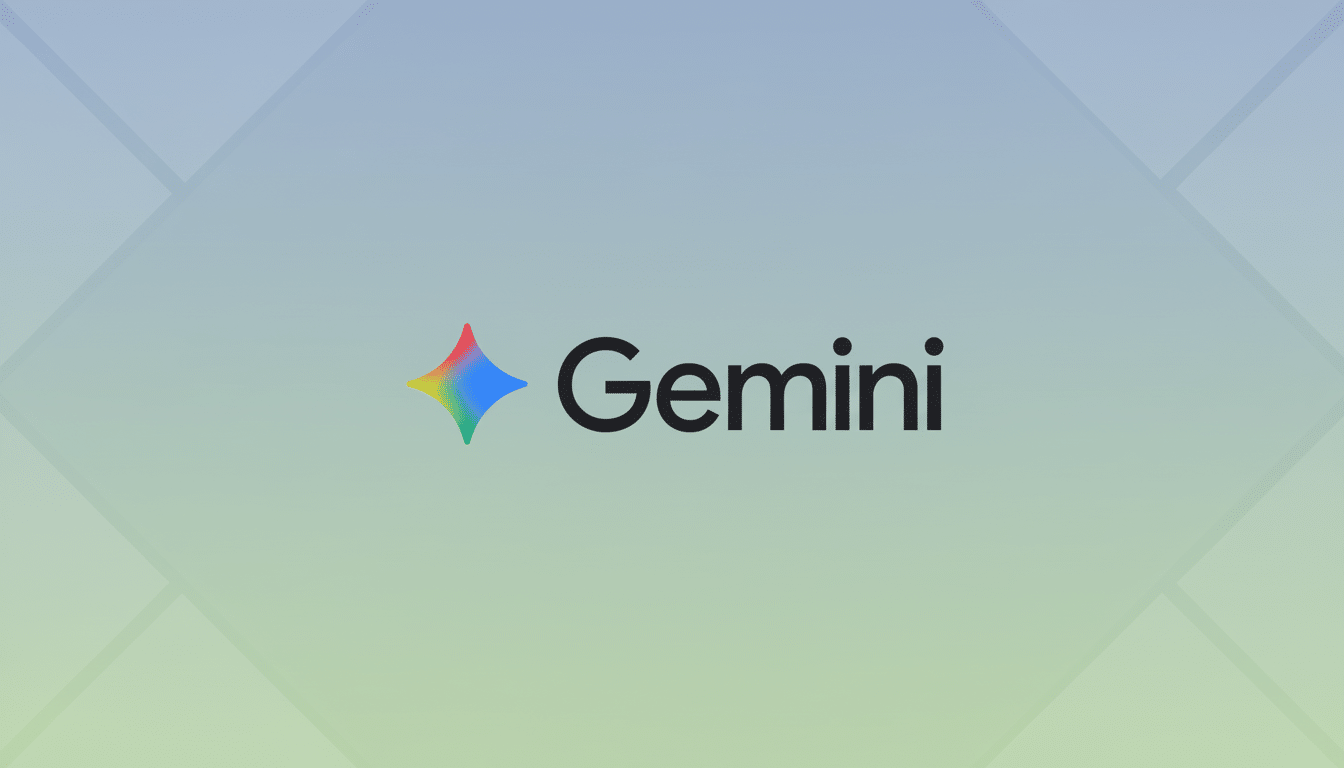Google views your expensive premium headphones as the next battleground for digital assistants, and it’s picking off everyone that comes near Assistant on Android: Google is implementing an aggressive transition from Google Assistant to Gemini, shoving aside any mention of Assistant in core voice settings and setup flows. New text in the Google app changes the decades-old “Hey Google & Voice Match” screen to “Talk to Gemini hands-free,” and onboarding is now advertising Gemini branding and animations, in lieu of Assistant. The change highlights Google’s ambitions to house its consumer AI components under one brand across phones, speakers, cars, and wearables.
What’s new in Android settings as Assistant becomes Gemini
In recent Google app builds, text strings and UI files indicate that Assistant labels are being completely switched out for Gemini across the entire voice trigger experience. The “Hey Google” flow now introduces “Powered by Gemini,” and the old “Hey Google & Voice Match” page is renamed to “Talk to Gemini hands-free.” A new “Manage Voice Match” option pops up below the main toggle, indicating a more guided process to add or remove recognized voices on a per-device basis.

The wake phrase is still “Hey Google,” but Gemini, in terms of its destination agent, looms ever larger. This harmonizes the hands-free flow with the conversational UI users already experience in Gemini for Android. Eagle-eyed app teardowners have noticed these changes arriving in the Google app’s most recent version, indicating a wider release could be on the horizon when server-side flags flip.
Gemini’s march to the front across Android voice features
Google has been migrating its AI experiences to Gemini on a more consistent basis, from Workspace features to on-device help for Pixel phones. The company has been positioning Gemini as its unified multimodal model family, and it has launched newer models like Gemini 3 Pro to enhance reasoning, image understanding, long-context efficiency, etc. Positioning voice interactions as the device’s “Gemini” integrates Android’s system voice agent into the same brand architecture that users of Gmail, Docs, and Chrome writing features all encounter.
Brand consolidation is about more than tidying up. It eliminates confusion on a platform that now spans over 3 billion active Android devices, Google says, and gives Google one product identity to grow. Alphabet executives have described Gemini repeatedly as the company’s primary AI agent, and consolidating its voice surface lets Google ship improvements in one place instead of two overlapping assistants.
Is it real functionality or just a name change in Android
So far, the evidence is this is mostly a branding pass with maybe some extra UX polish. Hotword detection, Voice Match enrollment, and the option to wake actions without using your hands all seem to work as you’d expect. What’s more obscured is how requests are routed and responses composed. As Gemini serves as the default in-RPC agent, queries that used to hit Assistant backends will increasingly get served by Gemini models, so you have the possibility of richer responses, better summarization, and follow-up with context across apps.

There are Assistant-specific features that have been sunset or rolled into other products over the last few cycles, and Gemini has continued to pick up popular use cases such as messaging drafting, quick actions, and screen comprehension. The near-term best gains for users are probably consistency: keeping the same conversational intelligence across voice, text, and camera instead of a split between “Assistant actions” and “Gemini chats.”
Privacy and Voice Match details as Gemini replaces Assistant
Voice Match continues its role as the central hub for personalized results in response to the wake phrase. Voice Match, according to Google, generates a voice model to identify you on shared devices, with data stored with your account and adjustable through an account settings page. Audio can be turned off by default and enabled using Voice & Audio Activity. Also, as the screens change to “Talk to Gemini hands-free,” expect those controls to remain, but watch for any new toggles or explanations around data retention and on-device processing.
Enterprise and education customers who work with Gemini for Workspace can expect a similar level of alignment over time as consumer voice features become more separate from admin-managed AI tools. That separation is significant for compliance and user consent — two issues privacy researchers and regulators are focusing on more with voice assistants.
What Android device owners should do during the Gemini switch
Simply ensure you’re running the latest version of the Google app and refer to the “Talk to Gemini hands-free” section when it materializes. Re-train Voice Match if asked, and check your account’s activity controls to verify that you’re not saving audio. If you count on voice for driving, smart home control, or Wear OS, you should check your most common commands; what the actual actions do can remain in place even if the names used to refer to various features change in menu contexts.
In the broader context, Assistant is being replaced by Gemini throughout Android’s most visible settings. If the early stages seem skin-deep, this is presumably a basis for a single Google agent which will respond consistently in your apps, inside your phone, and throughout your home — powered by the same brain and, increasingly, the same name.

